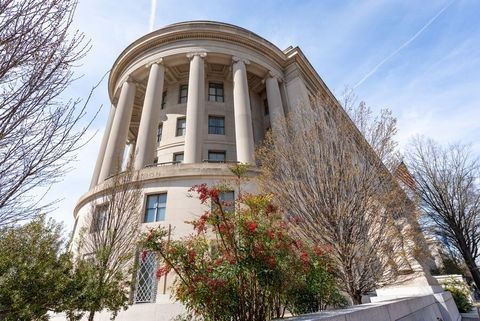A New Frontier: ASBCA Issues First Ever CPAR Decision on the Merits
Client Alert | 1 min read | 06.24.19
On June 3, 2019, the ASBCA published its first ever decision addressing the merits of a CPAR evaluation – i.e., whether CPAR ratings were “fair and accurate” pursuant to FAR 42.15. In PROTEC GmbH (ASBCA Nos. 61161, 61162), the Board analyzed a CPAR’s factual assertions, compared them to the parties’ evidence of contract performance, and ultimately held that the CPAR was indeed “fair and accurate” due to the contractor’s noncompliance and poor performance. The Board also considered the contractor’s allegation of a procedural violation – i.e., that the Government failed to perform a CPAR review “at a level above the CO” as required by FAR 42.1503(d). The Board held that the contractor “lacked standing” to challenge the violation because it could not establish “prejudice,” i.e., that the CPAR rating would have been different without the violation.
Contacts
Insights
Client Alert | 3 min read | 02.11.26
On July 8, 2025, the U.S. Court of Appeals for the Eighth Circuit vacated the Federal Trade Commission’s (FTC) Rule Concerning Subscriptions and Other Negative Option Plans, commonly known as the “Click-to-Cancel” rule. As detailed in a previous client alert, the rule was intended to regulate negative option plans[1]— such as subscriptions and automatic renewals — by imposing stringent requirements on businesses, including streamlined cancellation processes and enhanced disclosure obligations. The Eighth Circuit vacated the Click-to-Cancel rule because it found that the FTC had failed to comply with mandatory procedural requirements. As a result, the rule is no longer in effect, and businesses are not currently subject to its mandates.
Client Alert | 3 min read | 02.10.26
UK FCA Proposes New Sustainability Disclosure Rules for Listed Companies
Client Alert | 3 min read | 02.09.26
Client Alert | 1 min read | 02.09.26
Worried Three’s a Crowd? Decline Intervention at Your Own Peril






